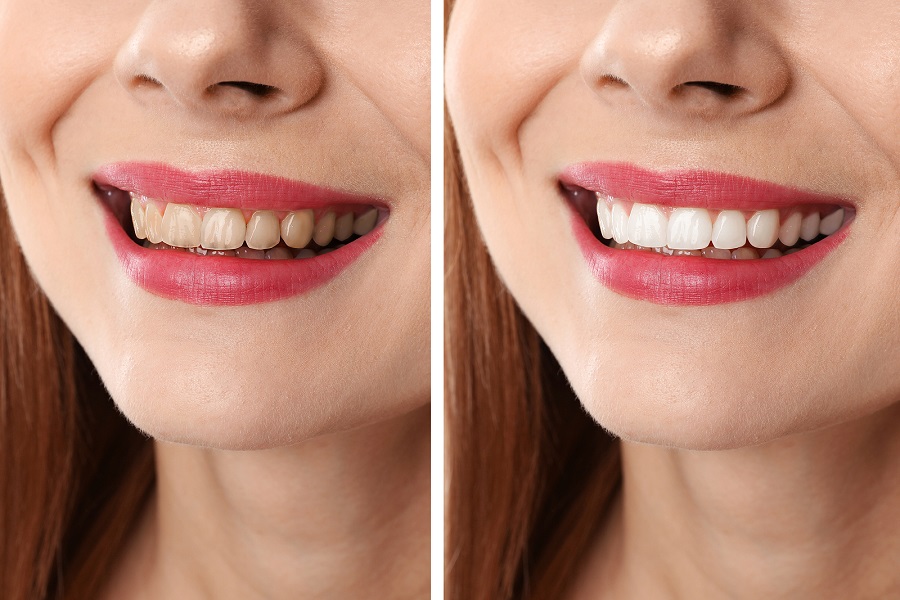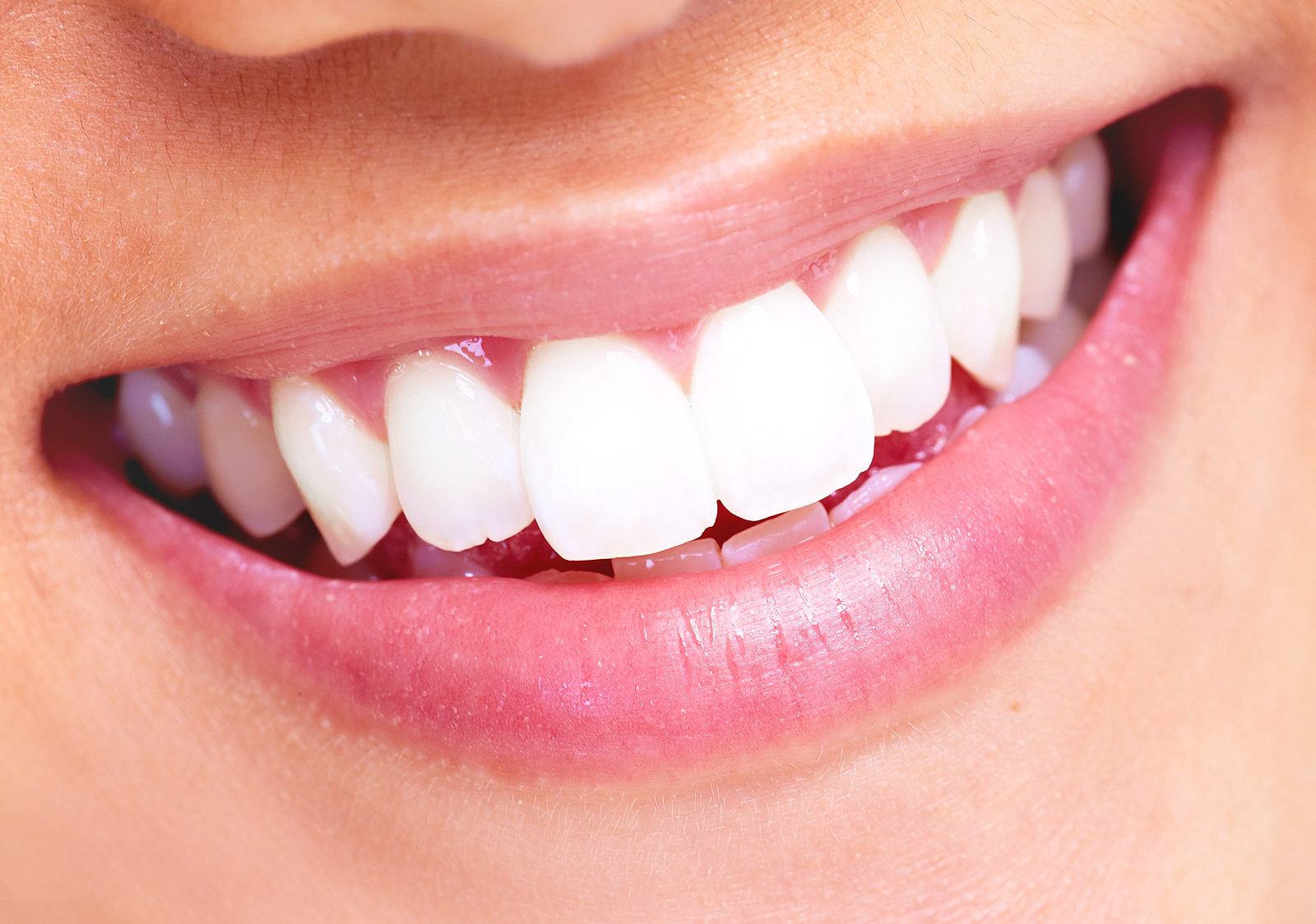BAD BREATH & BEAUTY: FIXING YOUR SMILE INSIDE & OUT
Bad breath, also known as halitosis, causes embarrassment when you’re at work chatting with a coworker or talking about your childhood on a first date. While some cases just call for a quick brushing in the bathroom, other incidences of halitosis are a cause for concern. Learn about what causes bad breath to decide if you need attention from a doctor or dentist to solve your problem.
LAST NIGHT’S DINNER
Some foods just naturally leave a strong odor behind. When last night’s dinner included a bunch of fresh garlic and plenty of diced onion, it’s no wonder your breath is less than sweet for a day or two. These foods keep producing odors as you digest your meal, which then travel through your lungs and into your breath. This is the problem when a mint or swig of mouthwash only reduces a case of bad breath for a few hours. Avoiding smelly foods is the only way to eliminate bad breath caused by diet. If you’re just trying to keep your breath fresh for a business presentation or your wedding, keep the garlic and onions out of your meals for at least two days before the big day.
BACTERIAL BUILDUP
Your mouth is teeming with bacteria at all times. When you nibble on a muffin for a mid-afternoon snack, the sugar-laden crumbs that end up stuck between your teeth become a feast for the bacteria most likely to damage your teeth and gums. These bacteria also produce a lot of unpleasant odors as they feed on leftover food. Brushing, flossing, and rinsing with antibacterial mouthwashes all keep their numbers under control, but neglecting your daily dental care routine comes with big risks. The manual scrubbing power of brushing removes sticky plaque, which hardens if left in place. The roughened tooth surface attracts even more damaging bacteria at that point. Flossing knocks out trapped food, and mouthwash helps lower the overall number of bacteria. Great brushing habits coupled with a lack of flossing equals bad breath. The same is true if you try to use mouthwash rinses to replace the other two steps. Managing mouth bacteria on a daily basis is the best way to keep bad breath away for good. If you brush after each meal and remember to floss in the evenings, you can drop the mint habit because you’ll know your breath is fresh throughout the day.
PERIODONTAL DISEASE
After skipping your evening tooth brushing routine for a few months, your gums become infected with certain aggressive strains of bacteria. Plaque is also building up around and below the gum line, letting those bacteria slip into the pockets around the teeth. Pink streaks of blood in your toothpaste foam mean you’re facing the earliest phase of periodontal disease. Known as gingivitis, the mildest gum disease is still serious. It’s a sign your oral health need extra help and attention. The growing bacterial colonies produce some unpleasant odors, making ongoing bad breath a common sign you need to see a dentist. The dentist may not need to do any special procedures yet aside from removing the stubborn plaque deposits, but you’ll need to pick up a good home dental care habit to reverse the effects of the disease. Ignoring gum sensitivity and mild bleeding allows the problem to worsen, growing into full-blown periodontitis. Once you have periodontitis, the dentist must perform gum cleanings and surgeries to stop the damage. Your bad breath will not improve with brushing and flossing alone at this point. If left unchecked for too long, the disease eventually damages the gums and tooth roots so much teeth start falling out.
CHRONIC DRY MOUTH
The constant need to sip on water to keep the mouth moist is a sign of xerostomia, or chronic dry mouth. A lack of saliva product can result from a neck injury, nerve problems, many medications, or no clear cause at all. With an inadequate amount of moisture to flush food and bacteria out of the mouth, serious bad breath often accompanies the condition. Work with a doctor to find how your dry mouth and other conditions are related. For example, switching to a different type of medication could relieve your saliva symptoms and eliminate your bad breath.
OTHER HEALTH PROBLEMS
Don’t forget about the other serious and chronic conditions bad breath can warn you about. These diseases include:
- Acid reflux and heartburn
- Chronic bronchitis
- Diabetes
- Sinus infections or polyps
- Problems with liver and kidneys
If you can’t eliminate your bad breath with diet changes and better brushing, see a dentist. They can help you determine if further attention is needed from specialist to get your breath smelling fresh again.






















0 comments